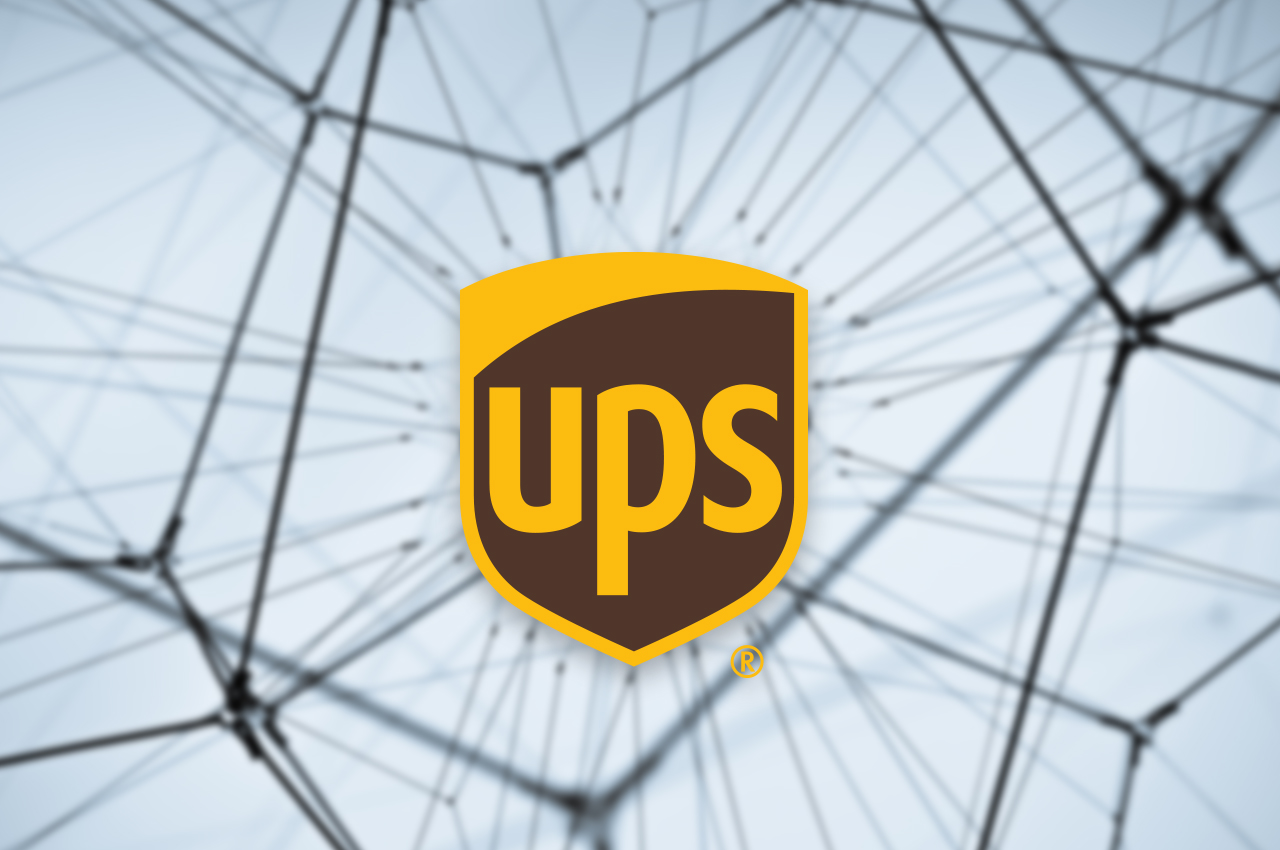UPS & Blockchain
Earlier this week, United Parcel Service – American multinational package delivery company and a provider of supply chain management solutions, announced that it has joined the Blockchain in Trucking Alliance (BiTA).
BiTA is a forum for the development of blockchain technology standards and education for the freight industry.
“Blockchain has multiple applications in the logistics industry, especially related to supply chains, insurance, payments, audits and customs brokerage,” said Linda Weakland, UPS director of enterprise architecture and innovation. “The technology has the potential to increase transparency and efficiency among shippers, carriers, brokers, consumers, vendors and other supply chain stakeholders.”
Integration of blockchain has already been accepted by a variety of industries as a necessary technology to ensure transparency, security and efficiency in their respective operations.
For information regarding the regualtion of Bitcoin & other crytptocurrencies, Refer here
Why the need for blockchain in shipping & logistics?
Shipping & logistics involves a massive amount of paperwork, including sales contracts, bills of lading, port documents and other vital documentation tied to the vessel and the cargo. More often, these documents flow through a long list of parties tied to these cargo transactions. Which makes it easy for documents to get misplaced or incorrect documentation accidentally being approved by parties involved.
The shipping and logistics industry is heavily controlled by freight brokers, which exist to facilitate transactions of loads from shippers to carriers. Brokers seek out loads, tag on a markup, then sell it to carriers. This not only increases costs for carriers, it also leads to increases in downstream prices that directly affect consumers.
Moreover, the FBI estimates that approximately $30 billion per year (U.S.) is lost due to cargo thefts. Cargo theft can cost consumers up to 20 percent more for their goods. And though most of the problem areas have been well-documented for decades, the distributed nature of ownership has led to little accountability in any of the industry’s stakeholders.
Enter Blockchain
The lack of efficiency, transparency, and security across the global shipping networks has been a problem for a long time now and the integration of blockchain aims to solve this.
Smart contracts(the core innovation behind the Ethereum blockchain) are essentially self-executing contracts that are fulfilled when predefined conditions are met. This is extremely useful when it comes to increasing the efficiency of shipping escrow by removing or limiting the intermediaries involved and therefore bypassing the additional time and expenditure involved.
Supply chain efficiency and transparency can be improved via blockchain also.Shippers can gain more visibility across their supply chain and communicate important information such as loads, geo-waypoints and basic compliance information with carriers.
Once a shipment is confirmed and recorded on the blockchain, it is immutable – No party can dispute the validity of the transaction or fraudulently manipulate the records. Once transactions are logged, smart contracts can then release any payments in escrow instantaneously, limiting the time and costs associated with intermediary processing.
UPS is not the only one investing in blockchain
Given the tremendous advantages of blockchain technology for shipping and logistics, corporations and consortia around the globe are starting to invest in and partner with startups that are building proofs of concept in order to test solutions prior to commercialization.
ShipChain aims to create a fully integrated system across the entire supply chain, from the moment a shipment leaves the factory, to the final delivery on the customer’s doorstep; federated in trustless, transparent blockchain contracts. ShipChain also aims to implement a decentralized brokerage system as an open marketplace for shippers and carriers. This will allow shippers and carriers to optimize cost and time for every shipment
Maesark – One of the world’s largest shipping company with around 18-20% of the market, has currently partnered with IBM blockchain solutions.
Maersk and IBM are using a blockchain built on the Hyperledger Fabric to manage the supply chain for container shipping.
Pacific International Lines (PIL), one of Asia’s largest shipowners, and the Port Authority of Singapore (PSA), one of the world’s largest port operators, have entered a memorandum of understanding (MoU) are jumping on the blockchain bandwagon with IBM Singapore.
With major shipping & logistics giants and startups all investing in integrating blockchain to be a key component for day to day business, it is clear that blockchain, will soon be a global standard in underlying technology for all shipping & logistic brands.







